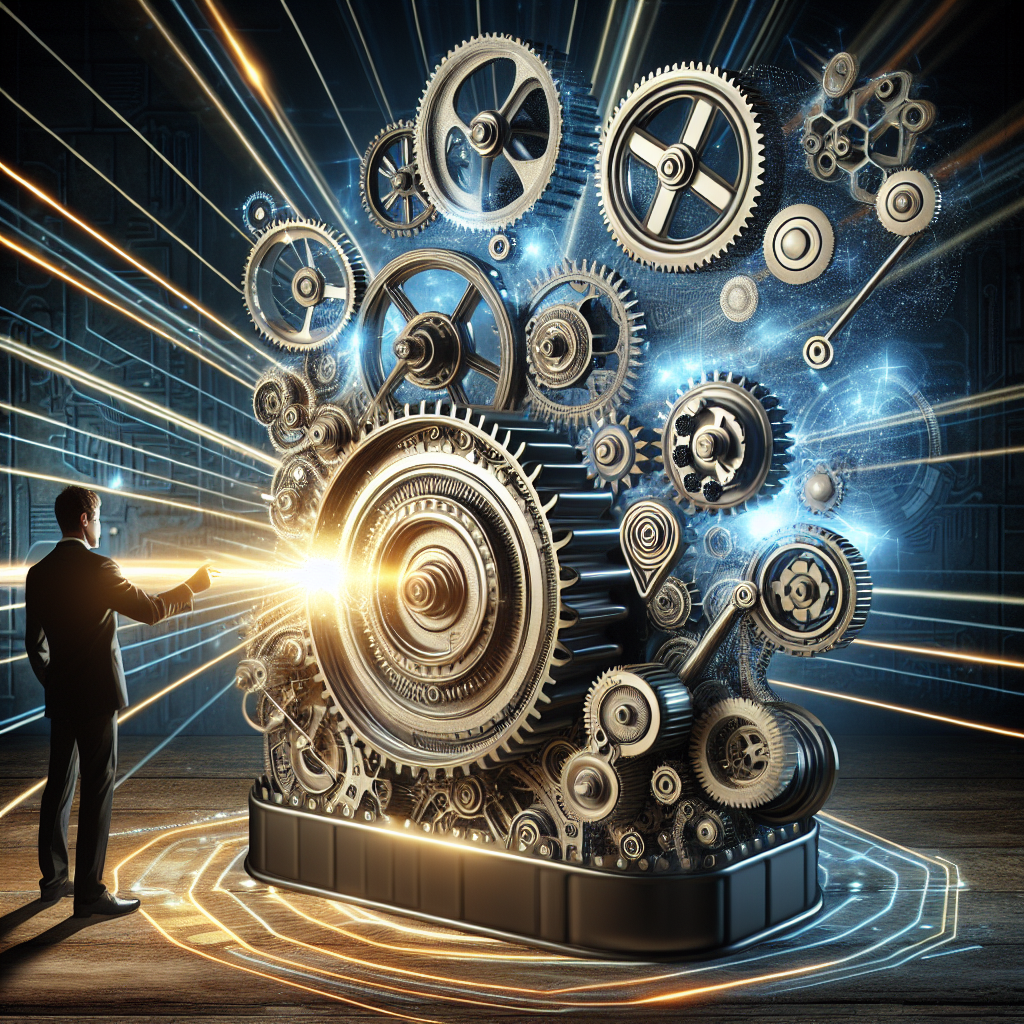The Power of Personalization: How Personalization Engines Can Boost Customer Engagement

Introduction
In today’s digital age, customers expect personalized experiences from the brands they interact with. Gone are the days of generic marketing messages that speak to the masses. Instead, customers want to feel valued and understood by the brands they do business with. This is where personalization engines come into play. These powerful tools use advanced algorithms and data analytics to tailor content, products, and recommendations to individual customers based on their preferences, behavior, and past interactions. In this blog post, we will explore the benefits of personalization engines and how they can boost customer engagement.
The Benefits of Personalization Engines
Personalization engines offer a wide range of benefits for both customers and businesses. For customers, personalized experiences make them feel special and valued. When a brand understands their needs and preferences, customers are more likely to engage with the content, make purchases, and remain loyal over time. Personalization also saves customers time by showing them relevant information and products without the need to search through irrelevant content.
For businesses, personalization engines can lead to increased revenue, higher conversion rates, and improved customer retention. By delivering personalized content and recommendations, businesses can drive engagement, encourage repeat purchases, and build long-term relationships with their customers. Personalization also allows businesses to gather valuable data on customer preferences and behavior, which can inform future marketing strategies and product development.
How Personalization Engines Work
Personalization engines use a combination of data and algorithms to deliver personalized experiences to customers. These engines collect data from various sources, such as website interactions, purchase history, and demographic information, to create a detailed profile of each customer. This data is then analyzed using machine learning algorithms to identify patterns, preferences, and trends.
Based on this analysis, the personalization engine can deliver tailored content, product recommendations, and offers to each customer. For example, an e-commerce website might use a personalization engine to show customers products that are similar to ones they have previously purchased or viewed. A content website might use a personalization engine to suggest articles or videos based on the user’s browsing history.
Examples of Personalization in Action
There are many examples of brands successfully using personalization engines to boost customer engagement. Amazon, for example, is a leader in personalization, using algorithms to recommend products to customers based on their browsing and purchase history. Netflix uses personalization to suggest movies and TV shows based on a user’s viewing habits. Spotify creates personalized playlists for each user based on their listening history.
Personalization engines can also be used in email marketing to deliver targeted messages to customers. For example, a clothing retailer might send personalized emails with product recommendations based on the customer’s past purchases. Personalization can also be used in website design to create customized user experiences based on the user’s preferences and behavior.
FAQs
What are the benefits of using a personalization engine?
Personalization engines can lead to increased customer engagement, higher conversion rates, and improved customer retention. They can also save customers time by delivering relevant content and recommendations.
How do personalization engines work?
Personalization engines use data and algorithms to create detailed profiles of each customer and deliver tailored content and recommendations based on their preferences and behavior.
What are some examples of brands using personalization engines?
Amazon, Netflix, Spotify, and many other brands use personalization engines to deliver personalized experiences to their customers.
In conclusion, personalization engines are powerful tools that can boost customer engagement and drive business growth. By delivering personalized experiences tailored to each customer’s preferences and behavior, brands can create meaningful connections with their audience and foster long-term loyalty. Investing in a personalization engine is a smart strategy for any business looking to stay ahead in today’s competitive marketplace.



